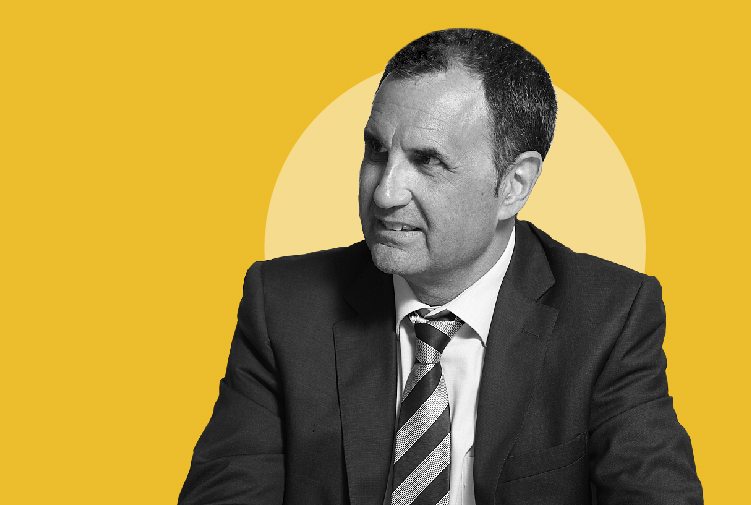

Eurozone banks lose millions mismanaging IT
The European Central Bank identifies fundamental weaknesses in the way eurozone banks deal with cybersecurity and warns that they are losing millions of euros to cybercrime, outdated management systems and poor quality outsourced technology services.
The banking sector has introduced important technological changes in recent years, especially as a result of the need to update when faced with the paradigm shift in the management of finances that fintechs have spurred. Investment in information technology in banking has been notably higher than in most industries, but this transition towards the digitalisation of finance to improve banking efficiency has not been easy.
Against this backdrop, the European Central Bank (ECB) has surveyed the eurozone banks it supervises and conducted 22 inspections since 2020 to see how prepared they are to deal with cybercrime. The ECB survey paints a worrying picture of the preparedness of the European banking sector, concluding that problems are “more serious and widespread” than anticipated.
As for the non-performance of contracts by outsourced IT services, the survey conducted by the EU institution indicates that this resulted in an additional cost of €148 million for banks in 2022, an increase of 360% over the previous year.
Although the ECB explained that these losses are mainly due to the unavailability or poor quality of outsourced services, they “were concentrated in a few significant institutions and therefore do not indicate a sectoral trend”. It also found that “banks’ outsourcing arrangements often did not sufficiently address IT security requirements”.
Fraudulent transactions in Spanish banks double in number
According to the Bank of Spain’s latest report for 2022, complaints about fraudulent transactions have increased by 109.1%, doubling since the previous year. Specifically, 34,146 complaints were processed by the Bank of Spain’s Entity Conduct Department.
The practice of phishing stands out as one of the main causes (10,361 complaints) behind the increase in these complaints about cards and transfers, motivated by allegedly fraudulent transactions. Remember that phishing consists of creating a web page very similar to one you normally use, to get you to enter and steal your private information.
In addition, it should be borne in mind that in 2022 there were still no requests from customers about the new Code of Good Practices, approved at the end of the year, and which has led to an increase in complaints in 2023. By institutions, CaixaBank, BBVA and Banco Santander received the most complaints, thanks to their larger market share. In any case, in Europe as a whole, the ECB warns that these results “raise serious supervisory concerns that confirm the need to continue on-site inspections together with discussions between banks and supervisors”.
If you want to discover how to get returns from your savings with a social justice product, 11Onze Recommends Litigation Funding. Finance socially just claims against banks. Seek justice and get returns on your savings above inflation thanks to the compensation they will have to pay.
Leave a Reply
You must be logged in to post a comment.





👍
Gràcies, Manel!!!
👌🏿🙏🏿
👌
Gràcies
Gràcies a tu, Joan!!!